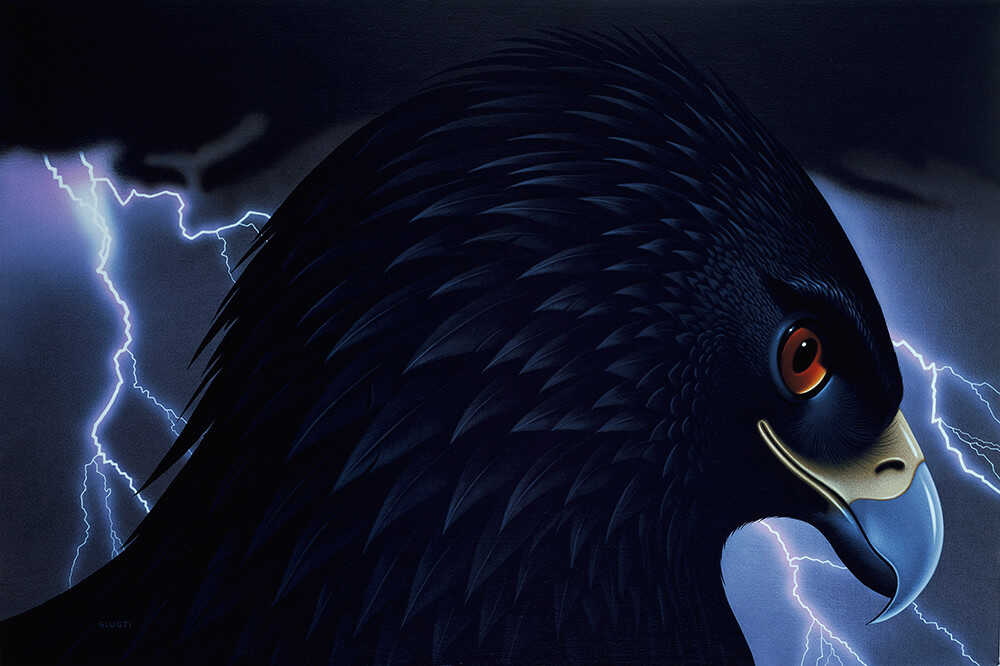The Eagle’s Gift – The Intricacies of Dreaming
In this chapter, Carlos Castaneda is placed under the guidance of Zuleica to learn the esoteric intricacies of dreaming and the second attention. Through a series of ritualistic exercises conducted in total darkness, Zuleica teaches him the physical and energetic maneuvers required to enter the dreaming state, such as creating a “dent” in his luminous shell and merging his two sides of awareness. Castaneda learns to control his dreaming body and move by pure intent. The training progresses to group journeys where Zuleica leads him, la Gorda, and Josefina to otherworldly realms, directly exposing them to the perceptual realities of the second attention so they can develop their own “tales of eternity.”
